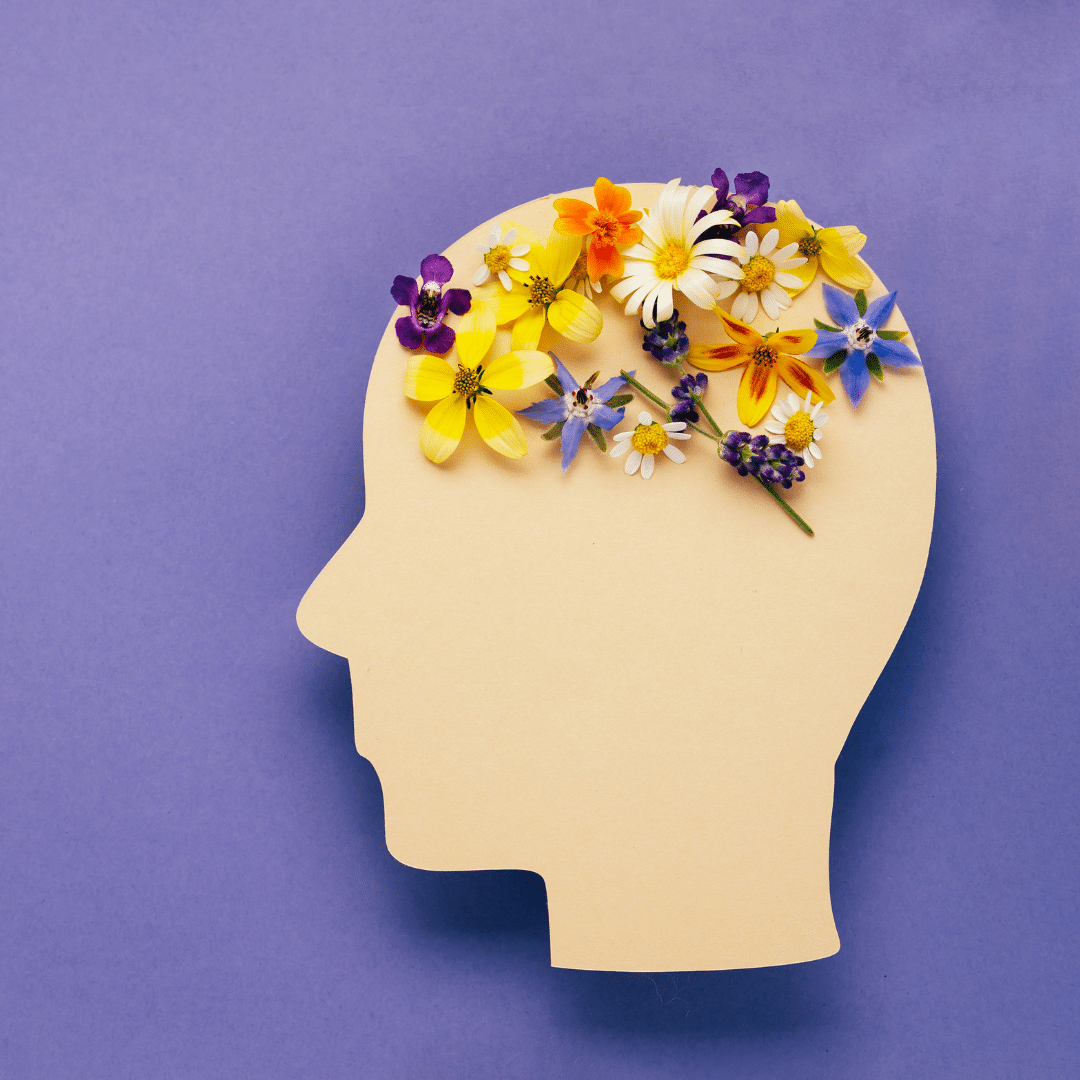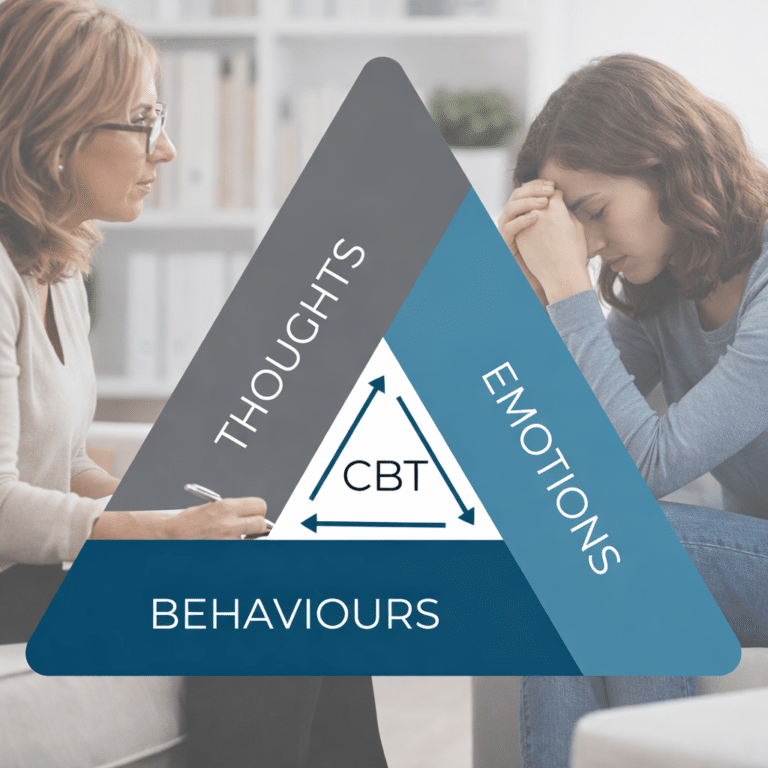
Mental health awareness is so critical as it is a topic that affects all parts of society. Spreading awareness not only helps in destigmatizing mental health issues but also emphasizes the importance of support and resources available for those in need. May is known as Mental Health Awareness Month, and it serves as a pivotal time to highlight these issues, promote dialogue, and foster a supportive community.
What is Mental Health Awareness Month?
Mental Health Awareness Month, observed in May, is a dedicated month-long campaign to raise awareness about mental health issues, the importance of mental wellness, and the need for accessible mental health care. It is a time when mental health advocates, organizations, and communities come together to spread knowledge and understanding of mental health challenges, fighting stigma and advocating for policies that support people with mental illness and their families.

Why is Mental Health Awareness So Important?
Mental health is an integral part of overall health, influencing how we think, feel, and interact with the world. Despite its importance, mental health often remains overshadowed by stigmas and misconceptions, leaving many individuals to suffer in silence. Mental health awareness is vital because it directly influences how individuals and communities view mental illnesses and those affected by them. The significance of mental health awareness lies in its power to challenge these stigmas and to highlight the widespread impact of mental illnesses, which affect millions of Americans each year.
The Impact of Mental Health in the U.S.:

- Approximately 20.78% of U.S. adults experience mental illness, such as anxiety disorders and major depression. That’s over 50 million individuals.
- Mental Health America reports that nearly one in five American adults will face a diagnosable mental health condition in any given year.
- Alarmingly, over half of those with a mental illness do not receive treatment, underscoring the critical need for improved access to care.
- Young adults show the highest prevalence, with about 33.7% of those aged 18-25 experiencing some form of mental illness.
The Power of Awareness and Education:
Education plays a crucial role in mental health awareness. By informing the public about signs and symptoms of mental health issues, we can encourage early intervention and support. Moreover, Mental Health America and other organizations provide valuable resources that empower individuals to take charge of their mental well-being and seek help without fear of judgment.
Final Thoughts
Mental health is an essential part of overall well-being. Breaking the silence and spreading awareness are crucial steps toward building a supportive environment where individuals feel safe to seek help and express their struggles with mental health. This Mental Health Awareness Month, let’s pledge to make mental health a priority, both for ourselves and for our community.
Resources to Support Mental Health:
- NAMI HelpLine: Offers a free service where you can obtain information, resource referrals, and support for any mental health issue. Available at NAMI’s website.
- Mental Health America’s Toolkit: Contains materials for planning and promoting Mental Health Awareness activities, including DIY tools, social media assets, and more. Access the toolkit here.
- CDC’s Mental Health Tools and Resources: Provides comprehensive guides and services to help cope with mental health challenges. Visit CDC’s mental health page for more information.
- Crisis Hotline: 988
Responsibly edited by AI
Other Blog Posts in
Animo Sano Psychiatry is open for patients in North Carolina, Georgia and Tennessee. If you’d like to schedule an appointment, please contact us.
Get Access to Behavioral Health Care
Let’s take your first step towards. Press the button to get started. We’ll be back to you as soon as possible.ecovery, together.




